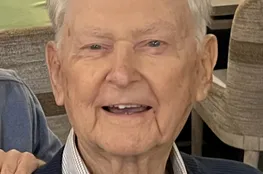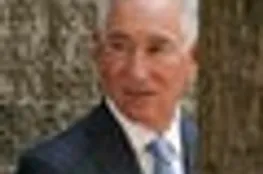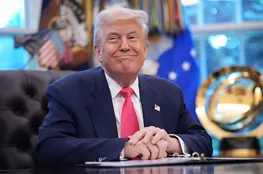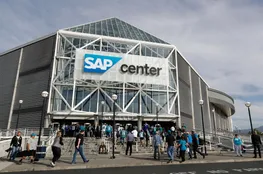The campaign contributions in Chicago's school board elections are seeing unprecedented growth as contribution limits have been lifted for all but two districts. According to the Illinois State Board of Elections, the heightened expenditure in districts 1, 2, 3, 6, 7, 8, 9, and 10 has resulted in the removal of contribution caps, allowing candidates to accept unlimited funding until year-end. Under normal circumstances, Illinois law restricts candidates to $6,900 in contributions from individuals (not including self-funding), $13,700 from organizations or associations, and $68,500 from other candidates’ committees or political action committees (PACs). However, the cap can be removed if Super PACs—known as independent expenditure committees—spend over $100,000 in an election cycle.
These Super PACs can collect and use unlimited funds but are prohibited from coordinating directly with candidates. Their expenditure typically includes activities like campaign mailers, advertisements, or text messages endorsing or opposing candidates. Two prominent Super PACs supporting school choice, namely INCS Action Independent Committee and Urban Center Action, triggered this financial shift for the elections. Caps can also lift through significant self-funding by candidates, as evidenced by Bruce Leon in the 2nd district after loaning his campaign $245,000. This financial openness provides opportunities for individuals, corporations, and labor entities, like the Chicago Teachers Union (CTU), to contribute freely to candidates. This development turns Chicago into another focal point of the national 'money wars,' pitching affluent charter school advocates against teachers’ unions with potential influence over election outcomes.
The influx of financial contributions could overshadow key student and family-focused issues as heavy financial backing from both pro-charter and anti-charter factions floods communication channels, points out Alisa Kaplan of Reform for Illinois. Despite clear financial trends, Kaplan sees increased influence from substantial donations as concerning, emphasizing the unique nature of Illinois laws that allow such contribution cap changes. Records reveal that the CTU has already directed over $800,000 through its two PACs to candidates' campaigns this year. These contributions include providing services like staff support, advertising, or marketing consultation. Additionally, the union's PAC has transferred funds to aligned organizations such as Our Schools PAC and United Working Families PAC to support endorsed candidates.
While the CTU draws funding primarily from members, school choice-driven groups are backed by high-profile corporate benefactors. INCS' Super PAC, for example, collected $700,000 in the fundraising quarter ending September 30th, dedicating $560,000 towards candidate support. Noteworthy donors include Chicago businessman Craig Duchossois, Netflix co-founder Reed Hastings, and philanthropist Helen Zell. The PAC boasts a remaining war chest of $3.4 million, bolstered by a $400,000 contribution from Jim Walton, of Wal-Mart heritage. This financial boost supports their ongoing national engagement in school choice discussions.
Andrew Broy, INCS chairman and treasurer of the INCS Action PAC, notes that corporate liaisons usually contribute upon witnessing transformative results emerging from charter school engagements. He believes investing in education secures economic progress by preparing students for future competitive markets. Broy expects continuous expenditure through the elections, consciously aware of the enormous stakes involved in curricular and administrative stability during times of political fluctuation in school boards. Meanwhile, Urban Center Action persists with over $600,000 reserves, supported by Juan Rangel, previous head of the UNO network, drawing funds from entities like Joe Mansueto (Morningstar founder), Daniel O’Keefe (Artisan Partners managing director), and James Perry (Madison Dearborn Partners advisor). Another notable donor is Michael Keiser of Central Sands Land.
CTU's substantial PAC operations, comprising Local 1 PAC and the Chicago Teachers Union PAC, enter the concluding phases of the fiscal quarter maintaining approximately $371,000 of funding potential.
























